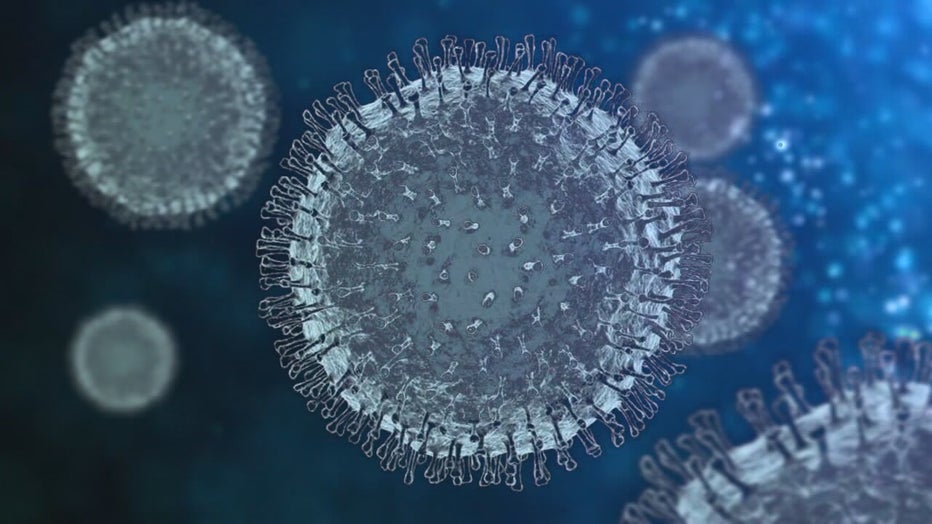New antibody treatment treats the sickest of COVID-19 patients

New antibody treatment treats the sickest of COVID-19 patients
As concern grows about a statewide spike of COVID-19 cases, some hospitals are participating in a trial that's treating some of the sickest patients using an experimental antibody treatment.
DALLAS - As concern grows about a statewide spike of COVID-19 cases, some hospitals are participating in a trial that's treating some of the sickest patients using an experimental antibody treatment.
The antibody treatment has already completed a phase two trial with mild to moderate covid-19 patients – now researchers are looking to see how well it does with severe and critically ill patients.
North Texas public health officials are warning COVID-19 cases and hospitalizations are creeping back up toward high levels the DFW area saw in July.
In Dallas County, the seven-day rolling average of confirmed and probable COVID-19 cases has increased to 733, the highest since July.
As Texas experiences a surge in cases and hospitalizations, doctors also warn rapid antigen tests some may rely on are not 100% accurate in catching the virus.

“If you have typical COVID symptoms and you get a rapid antigen test where you get results in 15-20 minutes, their accuracy is about 80%, meaning 8 out of 10 times you will catch the disease and two out of ten times you will have a false negative and miss it,” explained Dr. Joseph Chang, with Parkland Hospital.
Doctors warn if you have no symptoms, studies show your chances of getting a false negative dramatically go up.
“That number drops to about 30%,” Dr. Chang explained. “What that means is out of 10 people who did not have symptoms but confirmed on the good test, the PCR test to actually carrying coronavirus – the rapid test only caught three. That’s less than a coin flip.”
Several studies are being conducted to help some of the most critically ill COVID-19 patients, including one that Baylor Scott & White Health is participating in with a company called Cytodyn.
The company is working to enroll almost 300 patients in a phase 3 trial for an antibody treatment called Leronlimab.
“For the severe to critical population. FDA defines severe as patients who need oxygen, critical patients who are intubated,” explained Cytodyn President Dr. Nader Pouhassan.
The treatment binds to a specific protein on cells in the body’s immune system and is administered through weekly injections.
“It reprograms it if you have leronlimab, if you have bad macrophages to become good macrophages,” said Dr. Pouhassan.
So far, the trial has over 240 participants, including about a dozen locally at Baylor.
The final results of the trial won’t be available until the study is complete, but Cytodyn says anecdotally they’re seeing about an 80 to 85% success rate at some of their trial sites. The company says so far they have seen no severe reactions.
“It’s safe enough that FDA gave it fast-track designation,” Dr. Pouhassan said. “FDA looked at the data and accepted it was safe enough to proceed.”
To find out more about the phase 3 trial, visit: https://www.cytodyn.com/pipeline/covid-19
Here’s a list of hospitals participating in the trial: https://d1io3yog0oux5.cloudfront.net/cytodyn/files/pages/cytodyn/db/256/content/Phase+2b-3+Severe+or+Critical+10-29-20.pdf

